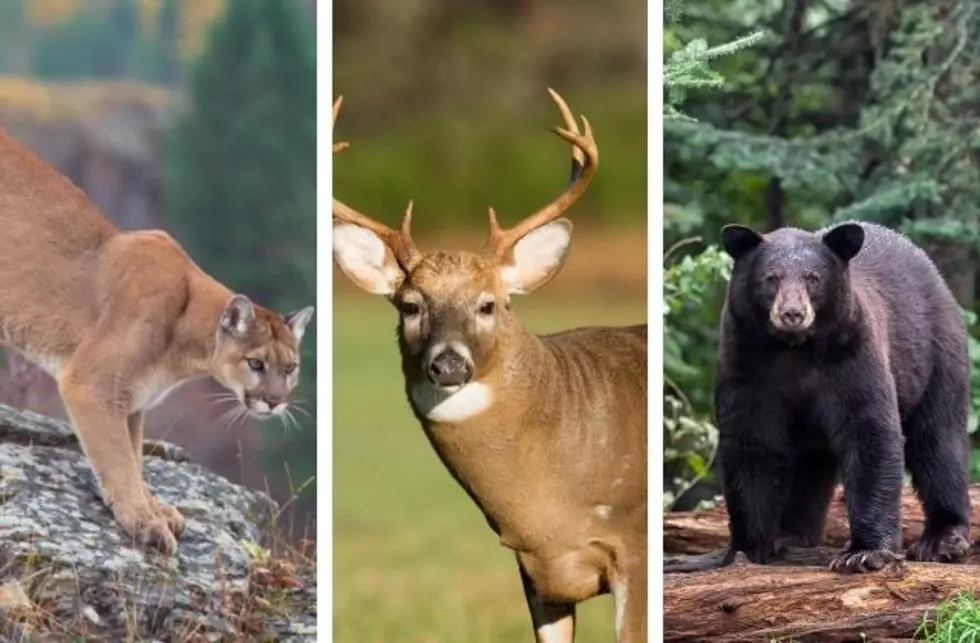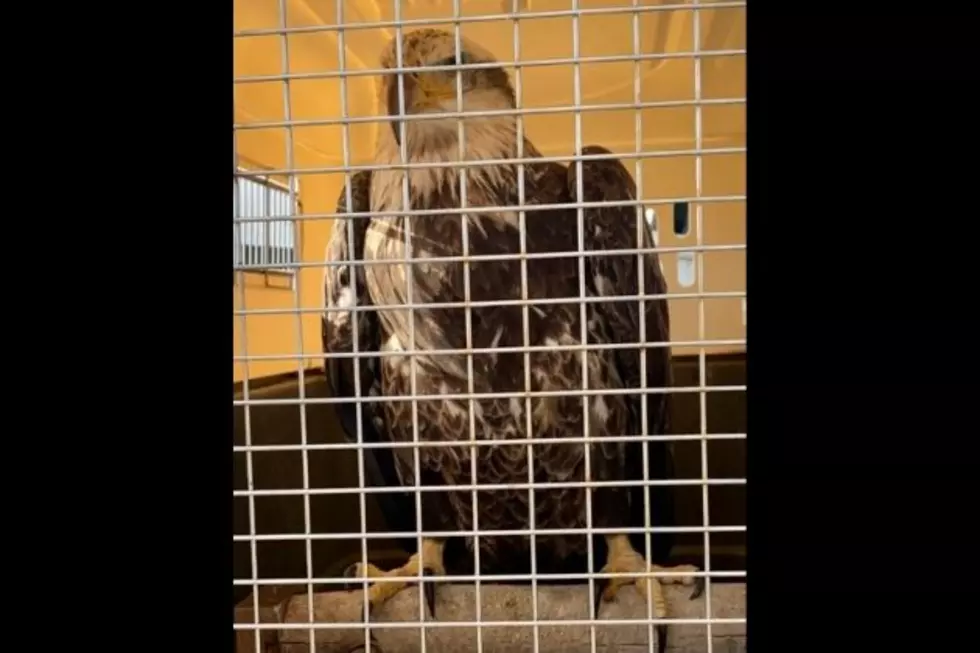
Bears Are Coming Out Of Hibernation Across Colorado
The Colorado Parks & Wildlife remind you to "Be Bear Aware" this spring.
Longer and warmers days means spring has officially arrived in Colorado. That's also a signal to bears it's time to "rise and shine" and emerge from hibernation. They awake to hunger pains too and once their digestive systems are up and running they'll consume almost anything.
Black bears in Colorado are omnivorous. That means they eat both plants and animals. Their diet consists primarily of vegetation along with berries, nuts, seeds with an occasional dead animal thrown in for good measure, but basically, a bear will eat anything they can catch or dig up.
For the most part, bears are shy creatures and usually try and avoid contact with humans. However, they're opportunistic feeders and will search through human food sources especially when their natural food is in short supply.
To keep your home and backyard safe from hungry bears try and keep your place free of food odors. That grill on the back porch, if you don't clean it well after use the grease and food stuck on the grates can get a bears attention. Trash and garbage in trash cans, bird food in feeders, a bag of pet food, and even your garden can entice a hungry bear.
If you walk outside and find a bear in the backyard, you can try and chase it off by banging on pots and pans or making other loud noises. If that fails, you can toss objects at it but don't hit it intentionally or try and hurt it. A hurt bear is an angry bear and the situation can become more grievous quickly. If you move away, walk, don’t run. Move slowly and try not to make eye contact. If the bear has cubs, needless to say, don’t get close or threaten the cubs in any way. Get inside and call the local authorities. They will contact the Colorado Parks & Wildlife and dispatch an expert trained to handle these situations.
Credit: Colorado Parks & Wildlife
More From Kool 107.9









